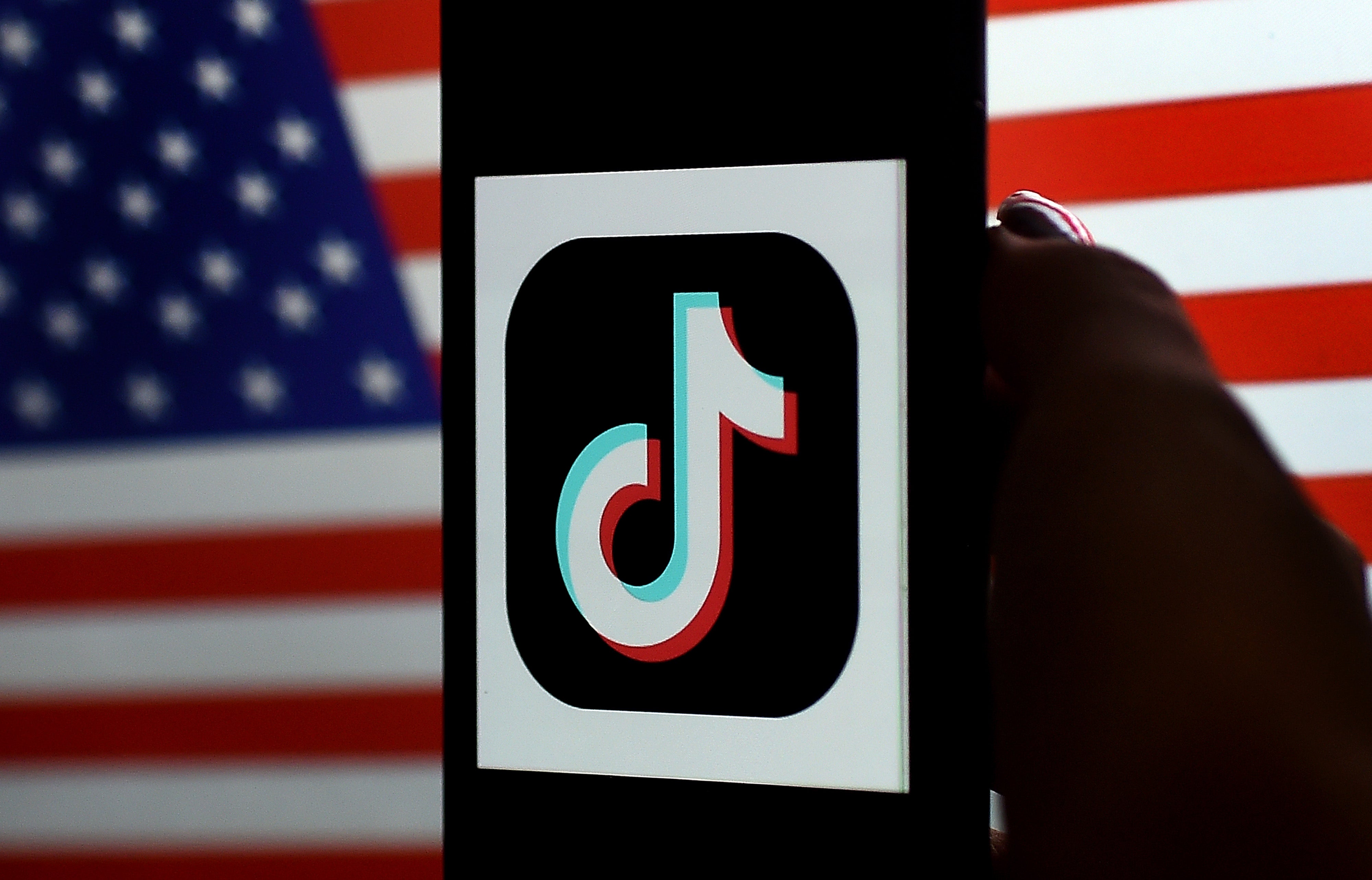Trump’s TikTok feud was a sign of the bigger global tech wars to come
One thing is sure, writes Hamish McRae, the battle will rage on for a generation at least and the UK may soon be caught in the middle


See it as an early skirmish in what will be a 30-year war. Donald Trump’s row with TikTok has been resolved, but the big point here is that US policy towards China has been reset.
That reset will endure whoever wins the election in November or indeed subsequent elections. The toothpaste will not go back into the tube. This is about power. For much of the past 30 years, the US broadly supported the rise of China, forming a relationship where China would sell its cheap imports to the US and in return allow American companies to gain a foothold in the country. The expression “Chimerica” was coined by academics Niall Ferguson and Moritz Schularick to describe this symbiotic relationship. China supported it because its exports enabled it to quadruple its GDP. The US was on side partly because cheap goods from China enabled it to increase living standards but also because of a more general feeling that China would gradually move towards a western democratic model.
That accord, already weakening after the financial crash of 2008-9, has now been blown to bits. Trump’s trade war with China was one element of the rupture. Hong Kong and China’s ambitions in the South China Sea are another. The US using its commercial power to force allies to ban the telecoms company Huawei’s equipment from their networks is an additional part of that fractured relationship. Where it sees a soft target – and whatever you think of it, TikTok is quite soft – the US goes on the attack. It has the financial firepower to do so. It is a carrot and stick: you either let us take control of your US operations and we will pay you good money, or you are out. Your choice.
This is rough stuff. It will get rougher. Whoever is president, whatever the position in Congress, the great battle will continue as China gradually overtakes the US in overall economic size. On present trends, the passing point is about 10 years off. China will remain poorer in overall GDP per head, probably forever. But the combination of the size of its population and the ability to catch up on the US by applying the technology developed elsewhere will ensure that it regains the position it held in the first half of the 19th century as the world’s largest economy. This is as near inevitable as anything in economics ever is.
The rest of the world will want to stay outside the battle but, as we have seen in the case of Huawei, will inevitably be drawn into it. From a British perspective, the choice is a no-brainer. The US is the UK’s largest export market, bigger than any European country – though the EU as a whole remains larger. Other countries may choose China. Intriguingly, Italy has joined the Chinese Belt and Road Initiative.
Does that mean the UK will simply become a junior partner to the US? Well, yes, but it will have independence. The UK, along with the rest of Europe, has not developed many big high-tech companies, but there is one issue right now. This is the ownership of ARM, the Cambridge-based enterprise that designs most of the chips that run the world’s mobile phones. It grew out of Acorn computers (remember them?) but is currently owned by SoftBank, the Japanese conglomerate. It is now being sold, or at least that is the plan, to the US company Nvidia, for $40bn (£31bn).
ARM’s co-founder Hermann Hauser wrote a letter to the Financial Times to the effect that this would be a disaster. Whereas SoftBank had committed to keeping research control in Cambridge, Nvidia would take this back to the US with all the implications not just for Cambridge and the UK but for European technology more generally. Nvidia has legally binding commitments to keeping the UK headquarters operation and Labour has called for that. The government may intervene.
We have to wait and see what happens. My own view is that it is a tragedy that the UK financial establishment did not back the country’s high-tech industries in the way the US did its own, but that pass is sold. The big geopolitical point here is that if the US is seen to control ARM that might shut it out of the Chinese market. A Japanese-owned company which does all its research in the UK is somehow outside of the great US-China battle. This plan, if it goes ahead, brings the battle to our doorstep.
One thing is sure, though. The battle will rage on for a generation at least. We have to get used to that. And we have to try to keep independent and deal straight with everyone, even if at the end of the day we will find the UK aligning with America.



Join our commenting forum
Join thought-provoking conversations, follow other Independent readers and see their replies
Comments